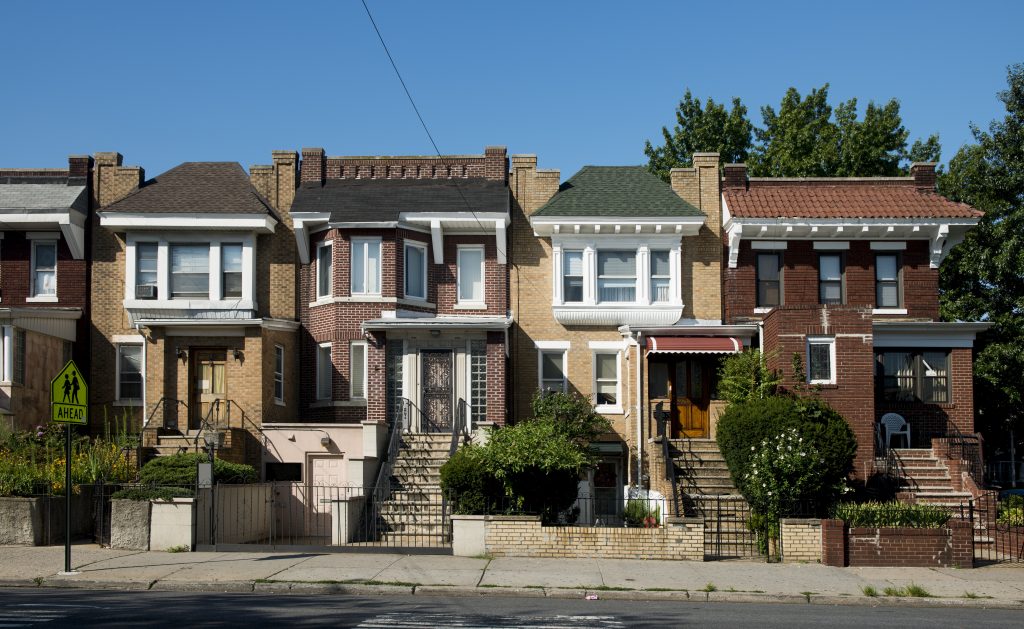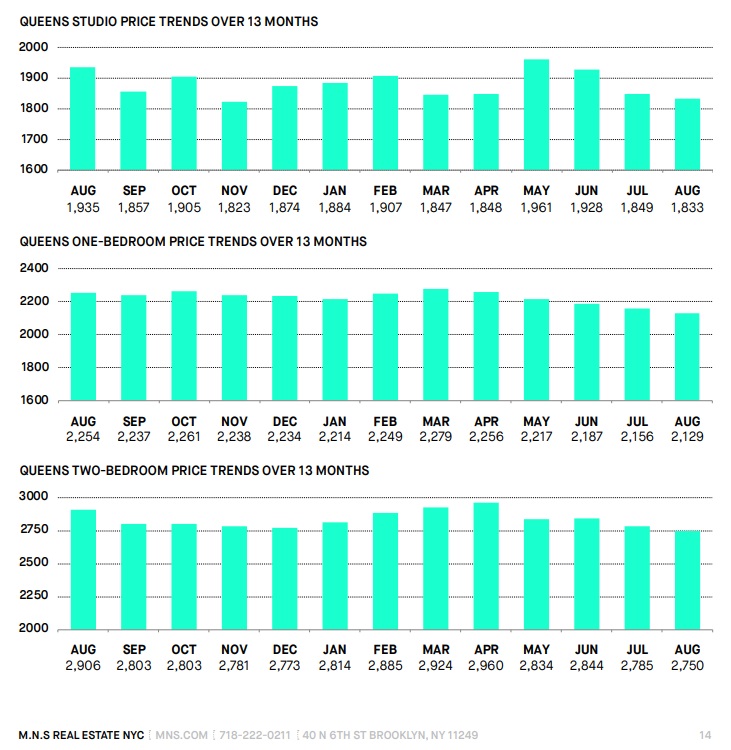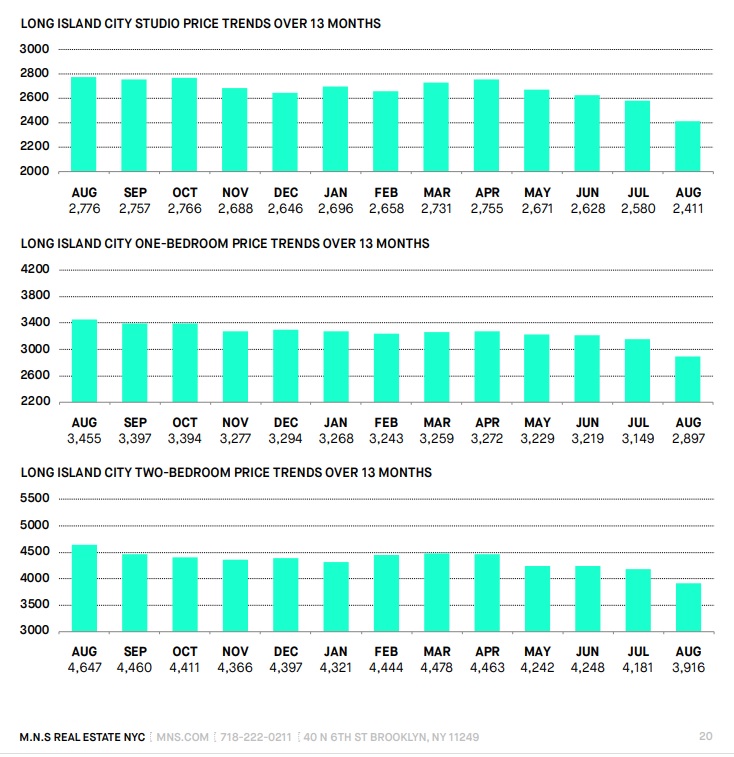
Homes in Astoria (iStock)
Sept. 10, 2020 By Allie Griffin
The cost to rent an apartment in Queens has dropped by more than 5 percent from a year ago, according to a new report.
The average amount paid to rent a studio, one-bedroom or two-bedroom apartment was down across the board, compared to the same time last year, according to a report from the real estate company MNS.
The average rent paid for a studio apartment in Queens dropped by 5.3 percent, from $1,935 in August 2019 to $1,833 in August 2020, the Queens Rental Market Report states.
The average rent for a one-bedroom apartment fell by 5.5 percent, from $2,254 in August 2019 to $2,129 in August 2020. Meanwhile, the average rent paid for a two-bedroom apartment decreased by 5.4 percent from $2,906 in August 2019 to $2,750 in August 2020.

Long Island City saw the steepest decline from last year to this year with a more than 15 percent decrease, according to the report.
The amount paid for a Long Island City apartment is typically higher than what’s paid in other Queens neighborhoods and experts say the most expensive areas usually see the earliest and often largest decreases in rent when the market dips.
LIC studios dropped from an average monthly rent of $2,776 to $2,411 from August last year to August this year, according to the report. One-bedrooms in the neighborhood decreased from $3,455 in August 2019 to $2,897 in August 2020 and two-bedrooms dropped from $4,647 to $3,916 over the same time period.

